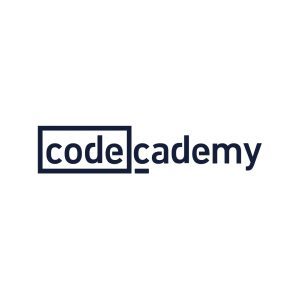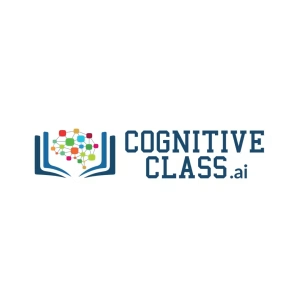Machine Learning
Showing 85–96 of 273 results

End-to-End Machine Learning with TensorFlow on Google Cloud
This course is set up as a workshop where you will do End-to-End Machine Learning with TensorFlow on Google Cloud Platform. It involves building an end-to-end model from data exploration all the way to deploying an ML model and getting predictions from it.

Ensemble Methods in Machine Learning
Explore bagging, boosting, stacking, and more in this introduction to ensemble methods in machine learning.

Ensemble Methods in Python
Learn how to build advanced and effective machine learning models in Python using ensemble techniques such as bagging, boosting, and stacking.

Extreme Gradient Boosting with XGBoost
Learn the fundamentals of gradient boosting and build state-of-the-art machine learning models using XGBoost to solve classification and regression problems.

Feature Engineering
Machine learning is only as good as its training data. Learn how to process data properly before training your models.

Feature Engineering
This course explores the benefits of using Vertex AI Feature Store, how to improve the accuracy of ML models, and how to find which data columns make the most useful features. This course also includes content and labs on feature engineering using BigQuery ML, Keras, and TensorFlow.

Feature Engineering for Machine Learning in Python
Create new features to improve the performance of your Machine Learning models.

Feature Engineering for NLP in Python
Learn techniques to extract useful information from text and process them into a format suitable for machine learning.

Feature Engineering in R
Learn the principles of feature engineering for machine learning models and how to implement them using the R tidymodels framework.

Feature Engineering with PySpark
Learn the gritty details that data scientists are spending 70-80% of their time on; data wrangling and feature engineering.

Find your Best Bottle of Wine with NLP
Discover how to recommend the best bottle of wine using Natural Language Processing (NLP). Learn to analyze customer reviews, wine descriptions, and preferences to build a personalized recommendation engine with Python.

Finetuning Transformer Models
Master the art of LLM finetuning with LoRA, QLoRA, and Hugging Face. Learn how to prepare, train and optimize models for specific tasks efficiently.
